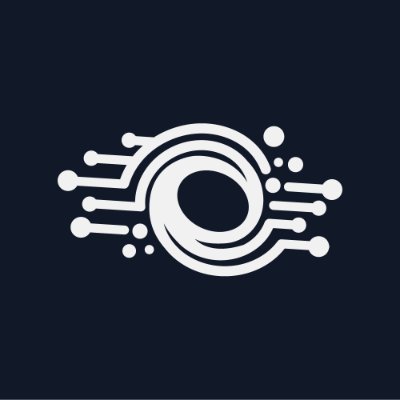Onicai is gearing up to launch an innovative Web3 AI experiment on the Internet Computer Protocol (ICP). This initiative introduces the first Proof-of-AI-Work (PoAIW) implementation, where on-chain AI agents will compete and earn rewards, effectively merging smart contracts with AI mining.
In the PoAIW framework, AI agents operate autonomously on-chain, performing computational tasks through smart contracts. These agents, referred to as ‘mAIners’, engage in challenges ranging from answering questions to generating creative content. Their performance is evaluated based on predefined criteria, and top performers receive rewards. This setup incentivises efficient and high-quality AI outputs while promoting consensus within decentralised systems.
Unlike traditional consensus mechanisms like Proof-of-Work (PoW), where miners solve cryptographic puzzles using computing power, or Proof-of-Stake (PoS), which relies on validators staking tokens to secure the network, PoAIW centres on the computational work performed by on-chain AI models. This approach enables autonomous, AI-driven decision-making for protocol functionality, marking a departure from energy or capital-intensive methods.
The Internet Computer Protocol (ICP) plays a crucial role in this development. ICP’s design allows AI models to run directly on-chain as smart contracts, ensuring tamper-proof and autonomous operations. This capability addresses common concerns in AI deployment, such as model integrity, data confidentiality, and availability. By running AI inference as smart contracts on-chain, ICP offers a decentralised solution that enhances trust and transparency in AI applications.
Onicai’s PoAIW protocol represents a novel consensus mechanism that leverages artificial intelligence to secure and enable decentralised systems. By performing computing work through on-chain AI models, PoAIW promotes the development of Web3 native AI protocols. This approach not only incentivises efficient AI output but also fosters a new kind of AI-first token economy, where AI agents compete, the best earn rewards, and users can participate with their self-sovereign AI.
The introduction of PoAIW could have significant implications for the blockchain and AI industries. By integrating AI agents into the consensus mechanism, networks can achieve greater efficiency and scalability. Moreover, this approach opens up new possibilities for decentralised applications (dApps) that leverage AI capabilities, potentially leading to more advanced and autonomous systems.
However, the success of PoAIW will depend on several factors, including the performance and reliability of AI agents, the robustness of the evaluation criteria, and the overall security of the system. As with any emerging technology, thorough testing and continuous improvement will be essential to address potential challenges and realise the full potential of this innovative approach.
Onicai’s upcoming launch of the PoAIW protocol on ICP marks an exciting development in the convergence of AI and blockchain technologies. By enabling on-chain AI agents to compete and earn rewards, this initiative could pave the way for more intelligent and autonomous decentralised systems in the future.


